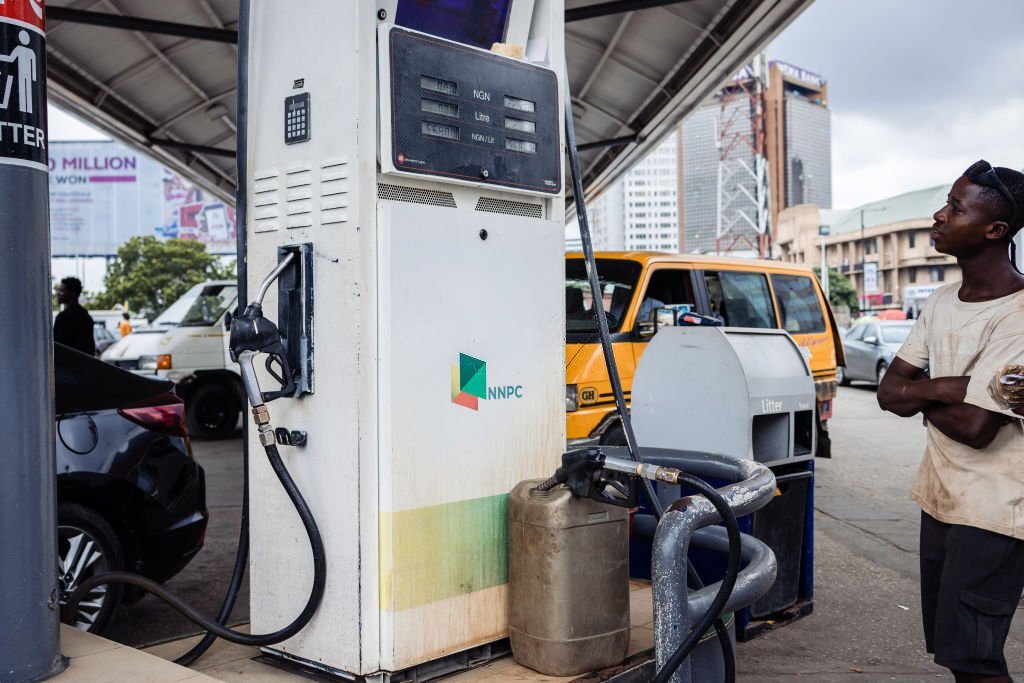Indonesia, the world’s third-biggest democracy and one of Australia’s closest neighbours, will vote for a new president tomorrow.
Nearly 205 million Indonesians, predominantly young people, are eligible to vote for a successor to current president Joko Widodo, who is barred by the nation’s constitution from running for a third term in office.
The result is expected to be felt far beyond the 17,000-plus islands that comprise the archipelago of Indonesia and will be keenly watched by Australia, experts say.
While voting is not compulsory, it attracts high interest.
An expected 70 per cent to 80 per cent voter turnout is expected tomorrow.
“The outcome will shape Indonesia’s policies on regional and global stages, influencing relationships with neighbouring countries and international partners,” Sharyn Davies, director of the Monash University Herb Feith Indonesia Centre, said.
“The key issues that will be on the table include economic development, social welfare, environmental concerns, and foreign policy.”

Favourite holiday destinations for Aussies revealed
Who are the candidates?
There are three candidates for president, each with a running mate vying for the vice-presidential ticket.
The frontrunner is former army general Prabowo Subianto and his running mate, 36-year-old Surakarta mayor Gibran Rakabuming Raka.


Subianto has been accused of past human rights abuses, which he has denied, but could prove problematic in his dealings with western countries, such as Australia, if he is elected.
Raka is the youngest candidate, but his selection provoked controversy as he is the son of the current president.
Former Jakarta governor Anies Baswedan, who has strong links with Australia and other western countries, and his running mate, Muhaimin Iskanda, have pledged to introduce wide-ranging reforms if they are elected.
The governing party’s candidate, Ganjar Pranowo, a former governor of the Central Java province, emphasised that he and his running mate Mohammad Mahfud have listened to the people they met during the campaigns, such as those who questioned the high price of rice.
The election will also decide the make-up of the House of Representatives and the Senate.

Why does it matter to Australia?
For many Australians, their knowledge and experience of Indonesia is based around the holiday hotspot Bali.
But the links between the two nations run far deeper and include economic development trade, security and defence issues.
“Indonesia is forecast to become the world’s fourth-largest economy by mid-century – a status bigger than France,” Davies said.
“So Australia needs to engage now with it, if we want to become a favoured partner in the future.”
Indonesia has provided essential stability in the often turbulent South-East Asia region, particularly for global shipping, including essential Australian exports.
About 45 per cent of all international shipping sails through Indonesian waters.
Indonesia is a non-aligned power and has also tread a careful path in the strategic competition in the Indo-Pacific region between China and the United States and its allies, such as Australia.
Australia is negotiating a new defence agreement with Indonesia, but the hugely populated country with millions of people in poverty remains heavily reliant on China for investment.
“China has been effective through its use of soft power in pulling countries into its orbit, so it’s important Australia engages far more with Indonesia,” Davies said.
– With Associated Press





















Discussion about this post